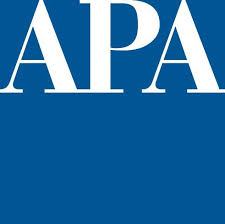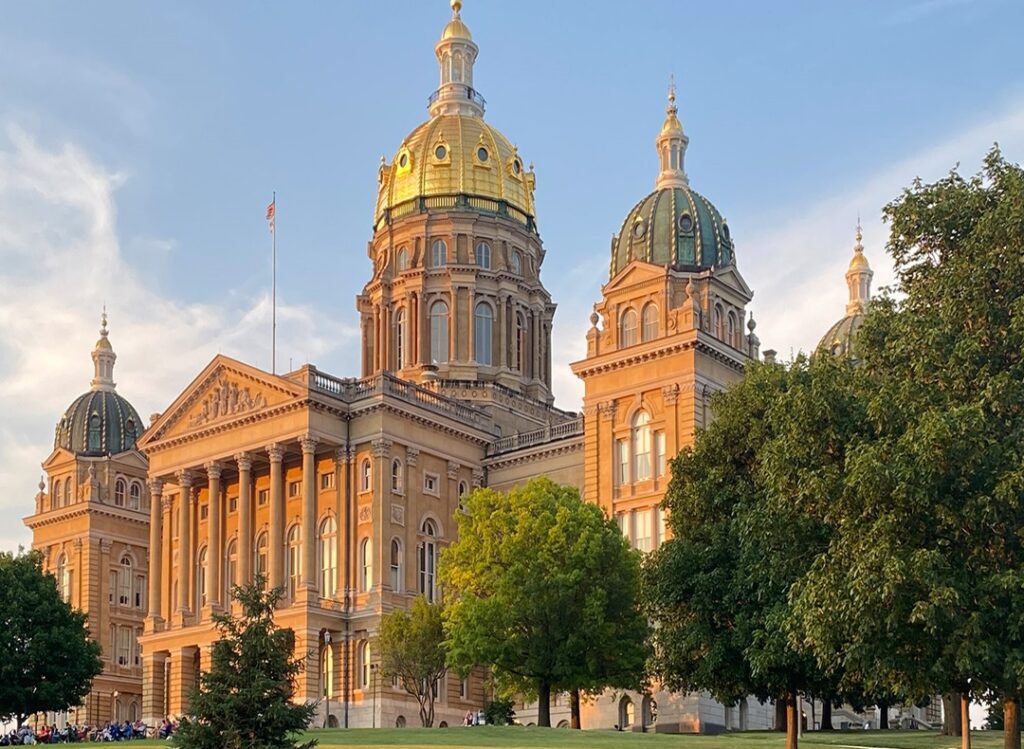Local option sales tax planned for March 5 vote in Des Moines

Des Moines residents will vote March 5 on whether to approve adding a penny to the state sales tax, with a “yes” vote generating an additional $37 million for a range of city services and neighborhood revitalization efforts.
The City Council voted 7-0 Monday to approve ballot language and local option sales tax spending policy. Earlier in the day, a range of congregation and nonprofit organizations gathered under the umbrella of A Mid-Iowa Organizing Strategy (AMOS) and said they supported the measure.
Des Moines voters voted in favor of the local option sales tax earlier this year at a time when their ballots were clustered together with those of eight other communities that share borders in Polk County. The issue lost by slightly more than 200 votes in the overall count, though voters in Windsor Heights and West Des Moines also approved the tax.
A change in state law after that vote allowed communities to cast votes on the issue separately from contiguous communities.
State law requires that 50 percent of the revenues generated by the additional 1 percent sales tax go toward property tax relief.
In Des Moines, that would mean a reduction of 60 cents per $1,000 of taxable valuation — 20 cents added last year after the overall local option sales tax failed plus another 40 cents. If the issue fails, property taxes could increase a total of $1.50 per $1,000 valuation over the next six to seven years, City Manager Scott Sanders said.
For the most part, the “expenditure policy” approved Monday mirrors how the city planned to use the additional revenues had the tax passed earlier this year. There are a couple of additions. Surveys found that residents want to accelerate the completion of stormwater improvements to alleviate future flooding, additional support for mobile crisis services directed toward young people, and a return to having city libraries open six days a week. In a budget-cutting move several years ago, libraries were limited to five days of operation.
Other priorities include stepping up the timetable on street improvements under the city’s five-year street improvement maintenance plan. Big projects include Fleur Drive, Pennsylvania Avenue and East Court Avenue. Neighborhood revitalization, including a Blitz on Blight effort, and an expansion of requirements for rental housing along with stronger enforcement are key elements of the spending policy. In addition, the city would improve fire stations, retain 13 firefighters positions that were filled under a federal grant that will expire, modernize public safety equipment and expand training.
Other Polk County cities are mulling whether to raise the issue again. The West Des Moines City Council will have a special meeting at 8 a.m. Jan. 2 to take up the issue after discussing it during previous meetings. The Windsor Heights City Council will vote on ballot language Jan. 2. Urbandale, where the issue failed in the vote earlier this year, is considering a local option sales tax vote in August.
Spending priorities outlined by AMOS and covered by the city’s spending policy were infrastructure improvements, dealing with abandoned and dilapidated homes, improving rental housing conditions, expanding library hours to six days a week, and creation of a Children’s Mental Health Mobile Crisis Unit and Crisis Observation Center.
The organization also asked to light basketball courts at Martin Luther King and Evelyn K. Davis parks. That specific project is not included in the city’s spending policy, but AMOS has gained the city’s commitment to install permanent lights at Evelyn K. Davis Park and temporary lights at Martin Luther King Park in 2019, said Liz Hall, lead organizer for AMOS.
If the Des Moines measure is approved March 5, the city will begin collecting revenues in July.










